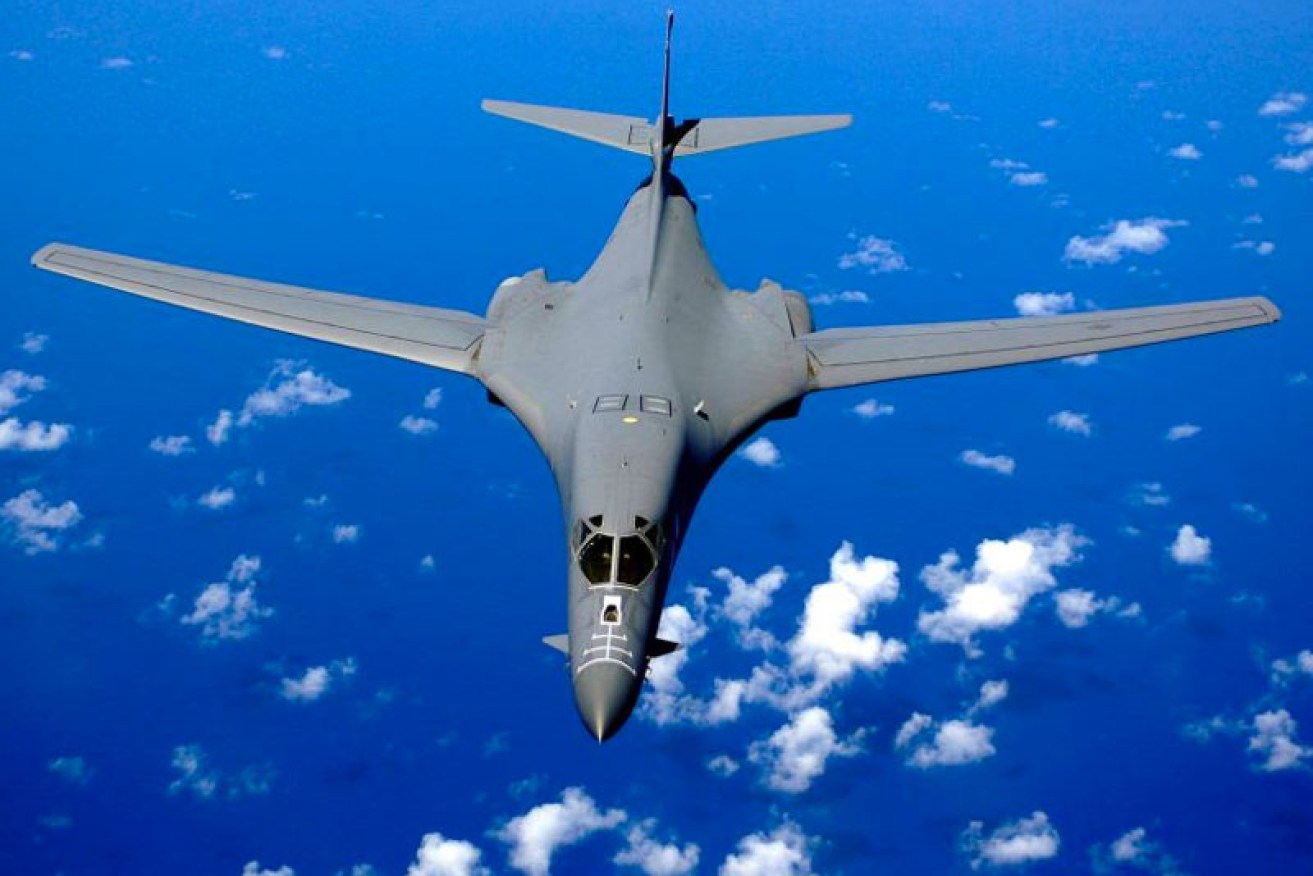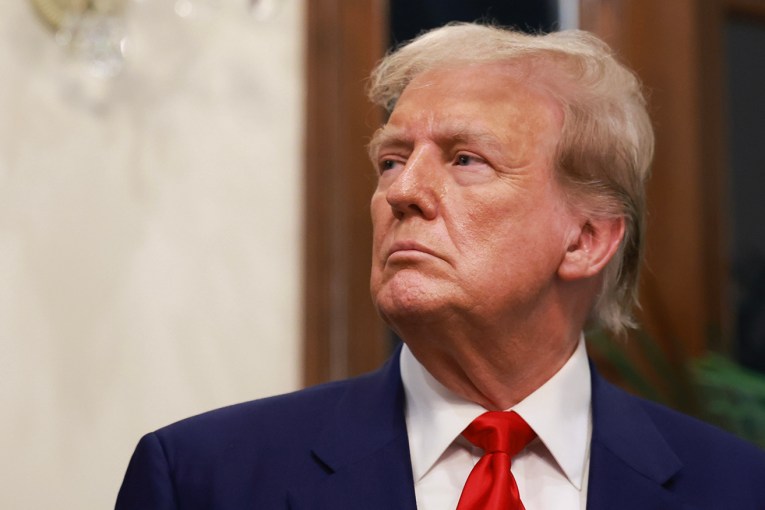US bombers could be stationed in Australia

Supplied/ABC
Prime Minister Malcolm Turnbull says Australia’s close security relationship with the United States is “no secret” but he has refused to be drawn on whether US bombers will be rotated through the Northern Territory.
The US wants to regularly rotate the long-range B1 heavy bombers through Australia, as concerns grow over China’s military expansion in the Asia-Pacific region.
On Wednesday, Mr Turnbull dodged direct questions about the likelihood of that happening.
• 2015: the United States’ year of mass shootings
• United States to pay hospital bombing victims
• Matildas strike, cancel United States tour
“We have no closer relationship, obviously, than we do with the US,” Mr Turnbull said.
“I’m not going to comment on a particular element of that but I can just assure you that everything we do in this area is very carefully determined to ensure that our respective military forces work together as closely as possible in our mutual national interests.”
Mr Turnbull would not comment on how China might respond to an increase in military cooperation.
“I won’t speculate about what other countries might say, but let me say to you, the closeness of the Australian relationship, security relationship with the US is hardly a secret,” he said.
The Chinese Foreign Ministry said it had “concerns” about the reports.
“The trend is to seek peace, cooperation and development in the region,” a spokesperson said.
“It’s the wishes of all people that cooperation should focus on maintaining regional stability and development.”
US bomber bases would put Australia at risk: Greens

Senator Peter Whish-Wilson is concerned about a regional arms race. Photo: AAP
Greens defence spokesman Senator Peter Whish-Wilson said US bomber bases could put Australia at risk in a future regional conflict.
He told the ABC that while he hoped the recent commentary was “chest beating”, Australia risked actively engaging in a regional arms race.
“I am very concerned about the type of talk and the type of commentary which we are seeing in the media which I think helps contribute to a regional arms race, which I think will only in the end make Australia less safe,” he said.
“I think it’s important to be part of it. I don’t necessarily think increasing your own military expenditure and hosting long range bombers for a strategic ally, which will only inflame the situation, is the best way to handle this.”
Senator Whish-Wilson said there are other roles that Australia could play.
“We do play constructive roles in the region in terms of international trade, in terms of international aid, in terms of leadership around the APEC region,” he said.
“I don’t necessarily think we need to be actively picking sides.”
US general spruiked ‘strengthening’ ties with RAAF
On Tuesday General Lori Robinson, the commander of US Pacific Air Forces, revealed high-level discussions were underway to have American B-1 bombers and aerial tankers temporarily stationed in the NT.
“We’re in the process of talking about rotational forces, bombers and tankers out of Australia [Tindal and Darwin] and it gives us the opportunity to train with Australia,” General Robinson told reporters in Canberra.
“It gives us the opportunity to strengthen the ties we already have with the Royal Australian Air Force (RAAF) and it gives the opportunity to train our pilots to understand the theatre and how important it is to strengthen our ties with our great allies, the RAAF.”
While acknowledging the risk of a “miscalculation” as a result of China’s rapid military build-up in the South China Sea, General Robinson insisted the US would continue to fly above and sail through the disputed waterway.

Several countries have conflicting claims on the islands.
General Robinson is the latest US official to publicly call on Australia to conduct freedom of navigation operations in the South China Sea.
“We would encourage anybody in the region and around the world to fly and sail in the international air space in accordance with international rules and norms” she said.
“We would encourage all nations in the region to do just that, just as the United States is doing.”
Last year former Prime Minister Tony Abbott insisted a senior US official had “misspoke” when he told a congressional hearing there were plans to station long-range American bombers and surveillance aircraft in Australia.
Appearing before the US Senate Foreign Relations Committee in May, US Defence Department Assistant Secretary David Shear said the Pentagon would be “placing additional air force assets in Australia” including “B-1 bombers and surveillance aircraft”.
The Director of the International Security Program at the Lowy Institute, Euan Graham, said having B-1s would be an incremental but significant step.
“B-52 bombers are deployed through to Darwin and other bases in northern Australia, but the B-1 is also nuclear capable – so, in that sense, it will attract attention from China,” Mr Graham said.
“It’s a more modern aircraft and, as part of the thickening up of US-Australian air force defence cooperation, it’s another link in that chain.”
Mr Graham said Australia offered an obvious advantage in terms of land and air space that was not accessible elsewhere.
– ABC







